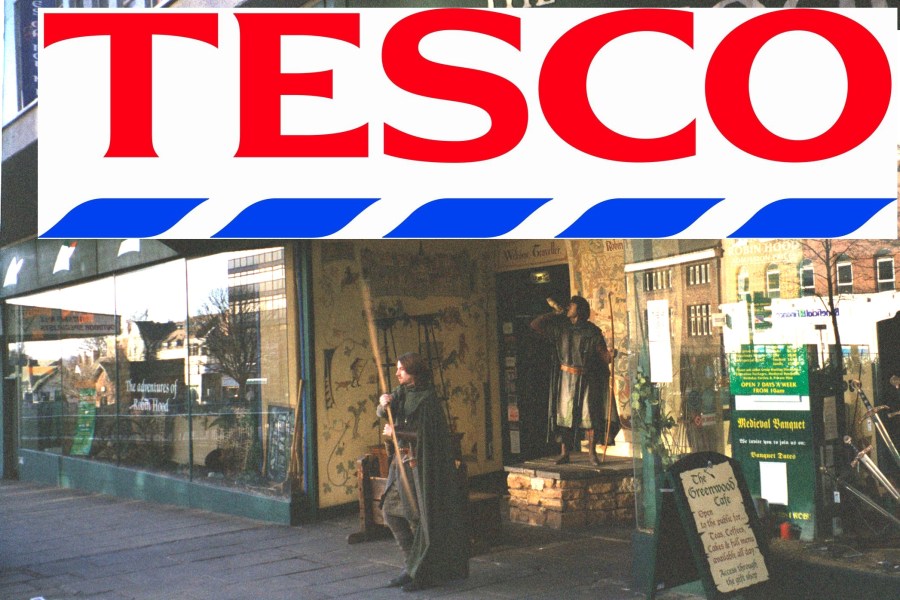I was at east Midlands Airport recently and they have something of a captive market for their meal deals with both Superdrug and WH smith offering meal deals for £3.99. On the surface this looks like great value.
WH Smith is a brand that started 224 years ago in 1792 in London and has 1,351 outlets with 615 on the high street and 736 travel outlets in airports and stations. It turned over nearly £1.2 BILLION in 2015 and employs 14,500 people.
So with all of these years of experience, heritage and the sheer number of interested parties, you’d think they would understand the concept of authentic brand values. Built on this history and surviving the worst of the high street recessions they really ought to know better.
But they don’t. They have an own brand product in store called ‘Munch’ which is entirely fake.

Munch, which is a range of sandwiches and wraps, tells you you can ‘Grab a bite of the good stuff’. A pretty compelling proposition for food on the go. They back this up with a brand support statement that says ‘Gloriously delicious food-to-go. So irresistible everyone wants to get their paws on it! Satisfies even the wildest of appetites…’

But the sandwich was disgusting. I didn’t want more, I never want to eat it again, I never want to eat anything for sale in WH Smith. I didn’t even want to finish the sandwich. Eating it, made me feel ill and dirty. Eggshell in the egg mayo didn’t help and even the bread was stale and unnatural. So I had to have look at the ingredients.
This was a total shock. I was genuinely horrified with what it contained and it bore no relation to the brand values all over the packaging whatsoever.

Even trying to ignore the fact that claimed ingredients added up to 118% (It must be all the shit they have piled in to make it taste less natural and healthy) the list was not all all irresistible. In fact it was entirely resistible.
I won’t be eating ‘Munch’ again. I’d suspect that if this is how WH Smith run their business, they are in trouble. I’ve talked about Tesco in the past and the start of their problems being with the quality of their products, which all came true. Any brand that says one things and delivers another like Abercrombie and Fitch will be found out soon enough. WH Smith are that brand.
I’m no whistle blower, but if I had any money invested in WH Smith, I’d get it out fast. This is a brand heading for the gutter.









